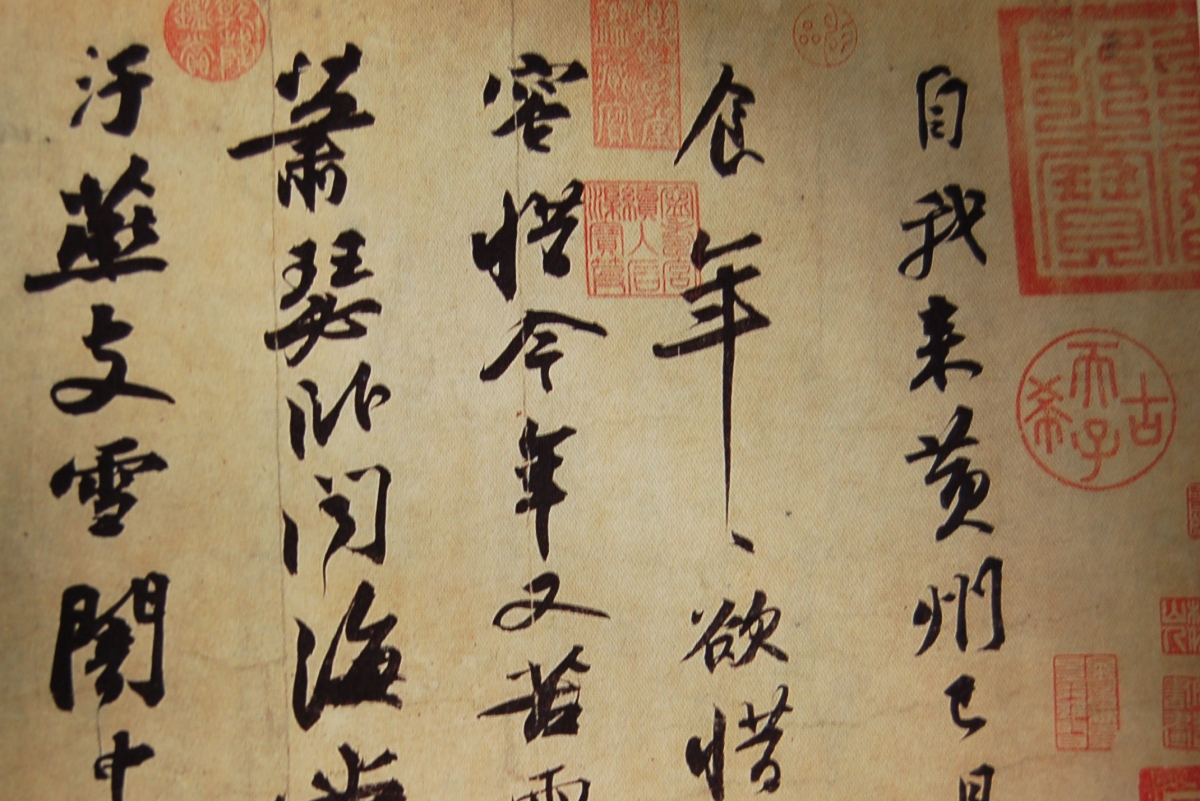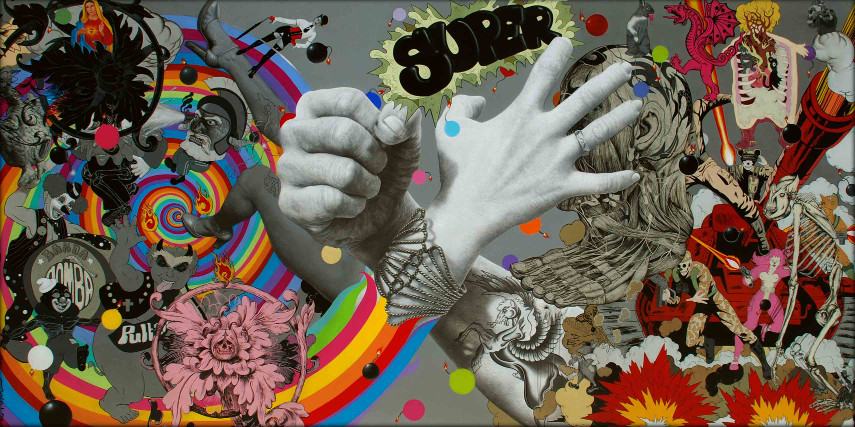Soul Making is a form of crafting _________ or transforming brief moments into images and symbols.
stories
This is an example of ___________.

Chinese Calligraphy
An acropolis is a Greek word meaning?
“high city”
The WHO? -
humankind’s interest in beauty is of sensuous origin, but it is the prerogative of those senses that are capable of “contemplation”—namely, the eye and the ear.
St. Thomas Aquinas
Imaging or representing in any form, which may be through painting, sculpting, drawing, story telling, poetry, dancing, composing or taking notes.
Crafting Images
The largest religious monument in the world, is a prime example of Khmer architecture.
Angkor Wat (Cambodia)
Name the three developed Greek architectural systems
Doric, Ionic, Corinthian
THE WHO?
Essay “ The Pleasure of the Imagination in 1712”
Joseph Addison
Name all the Categories of Soul Making
Crafting Images, Crafting Stories, Crafting Instruments
__________ is celebrated as an art form. The graceful strokes of calligraphers express both meaning and aesthetics.
Hangeul Calligraphy
True or False: Opus Signinum is an example or Roman Frescoes?
False - Mosaic
THE WHO?
“REASON IS THE SLAVE OF THE PASSIONS,”
David Hume
We are beginning to become an expert, an injured healer.
Soul Making
Name the Artist:

Ronald Ventura
key feature of Gothic architecture
Give atleast two works of FRIEDRICH SCHILLER.
Die Räuber (The Robbers), 1781
Fiesco (Die Verschwörung des Fiesco zu Genua), 1783
Kabale und Liebe (Intrigue and Love),1784
Don Karlos, Infant von Spanien (Don Carlos), 1787
Wallenstein,1800
Maria Stuart (Mary Stuart), 1800
Name the Phases of Soul Making
Seeking, Settling, Surrender, Soul-Making, Soaring
True or False: Southeast Asian art sculpture and temple art have distinct styles and periods, such as the Gupta period’s classical art.
FALSE - Indian sculpture and temple art have distinct styles and periods, such as the Gupta period’s classical art.
The Renaissance, spanning the 14th to 17th centuries, emphasized _____, ________, & ________.
humanism, art, and science.
Give the two composition of Richard Wagner that celebrated for their complex orchestration and innovative use of LEITMOTIFS.
"THE RING OF THE NIBELUNG" AND "TRISTAN AND ISOLDE, "